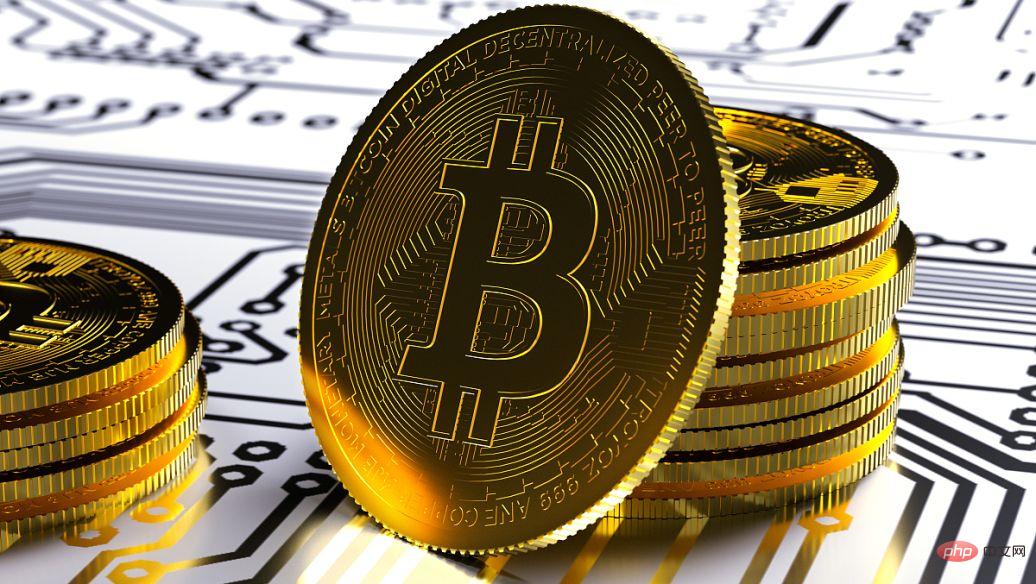In November 2024, Bitcoin reached an unprecedented all-time high of $100,000, driving an overall bull run in the cryptocurrency market. However, this surge has been accompanied by a surge in liquidation, with more than 200,000 people losing money due to market volatility, high leverage and inappropriate stop loss settings. Liquidations cause financial losses, emotional distress, and loss of confidence for traders. In order to avoid liquidation, it is important to use appropriate leverage, set reasonable stop loss orders, and develop a sound risk management plan. Liquidating a position usually does not affect credit scores, but traders need to review their strategies and seek professional advice before starting to trade again.

1. Bitcoin hits a record high of $100,000
- In November 2024, Bitcoin The price of the currency broke through the $100,000 mark, hitting a record high.
- The breakthrough was driven by a number of positive factors, including an influx of institutional investors, interest from hedge funds in hedging against inflation, and enthusiasm from retail investors.
- Bitcoin’s surge has fueled a bull run across the cryptocurrency market, with other digital assets also hitting new highs.
2. More than 200,000 people liquidated their positions
- As the price of Bitcoin soars, liquidations also increase. Liquidation refers to a situation where a trader loses all of his or her margin in margin trading.
- This phenomenon usually occurs when prices fluctuate significantly or when traders use excessive leverage.
- It is estimated that on the day when Bitcoin hit a new high of $100,000, more than 200,000 people liquidated their positions.
3. Reasons for liquidation
-
Excessive leverage: Many traders use too much leverage in trading the leverage ratio. This means they hold large positions on small margins.
-
Improper setting of stop loss order: Liquidation may also be caused by improper setting of stop loss order. A stop-loss order is an order used to limit losses, but if not set correctly, it can exacerbate losses.
-
Market Volatility: Violent fluctuations in Bitcoin prices are a major factor in many traders liquidating their positions. Unexpected market movements may trigger stop-loss orders or cause positions to be closed.

4. Consequences of Liquidation
-
Financial losses: Liquidation may cause traders to lose all investment funds.
-
Emotional Distress: Liquidation can cause tremendous emotional distress to traders. Losing a large amount of money can trigger anxiety, depression, and regret.
-
Loss of trading confidence: Liquidation may weaken traders’ confidence and make them take a wait-and-see attitude towards future transactions.
5. How to avoid liquidation
-
Use leverage moderately: Try to avoid using excessive leverage in trading Rate.
-
Set reasonable stop-loss orders: Understand the importance of stop-loss orders and set reasonable stop-loss orders based on your risk tolerance and trading strategy.
-
Manage risk: Develop a risk management plan that includes position sizing, stop loss points, and money management guidelines.
-
Control emotions: Avoid letting emotions affect your trading decisions. Stay calm and rational and act according to a clear trading plan.

6. Related FAQs
Is liquidation permanent?
If the trader fails to make a margin call in time, liquidation will result in permanent losses. However, if traders are able to make a margin call before a liquidation occurs, they may avoid losses.
Will liquidation affect my credit score?
A liquidation usually does not affect your credit score because it is not a loan or credit transaction.
How should I restart trading after a liquidation?
- Avoid emotional trading.
- Thoroughly review your trading strategy and risk management measures.
- Consider starting over with a smaller position and gradually increase your trade size.
- Seek qualified financial advice or consider working with a trading coach.
The above is the detailed content of Bitcoin reached a new high of $100,000, and 200,000 people liquidated their positions? What does Bitcoin liquidation mean?. For more information, please follow other related articles on the PHP Chinese website!







